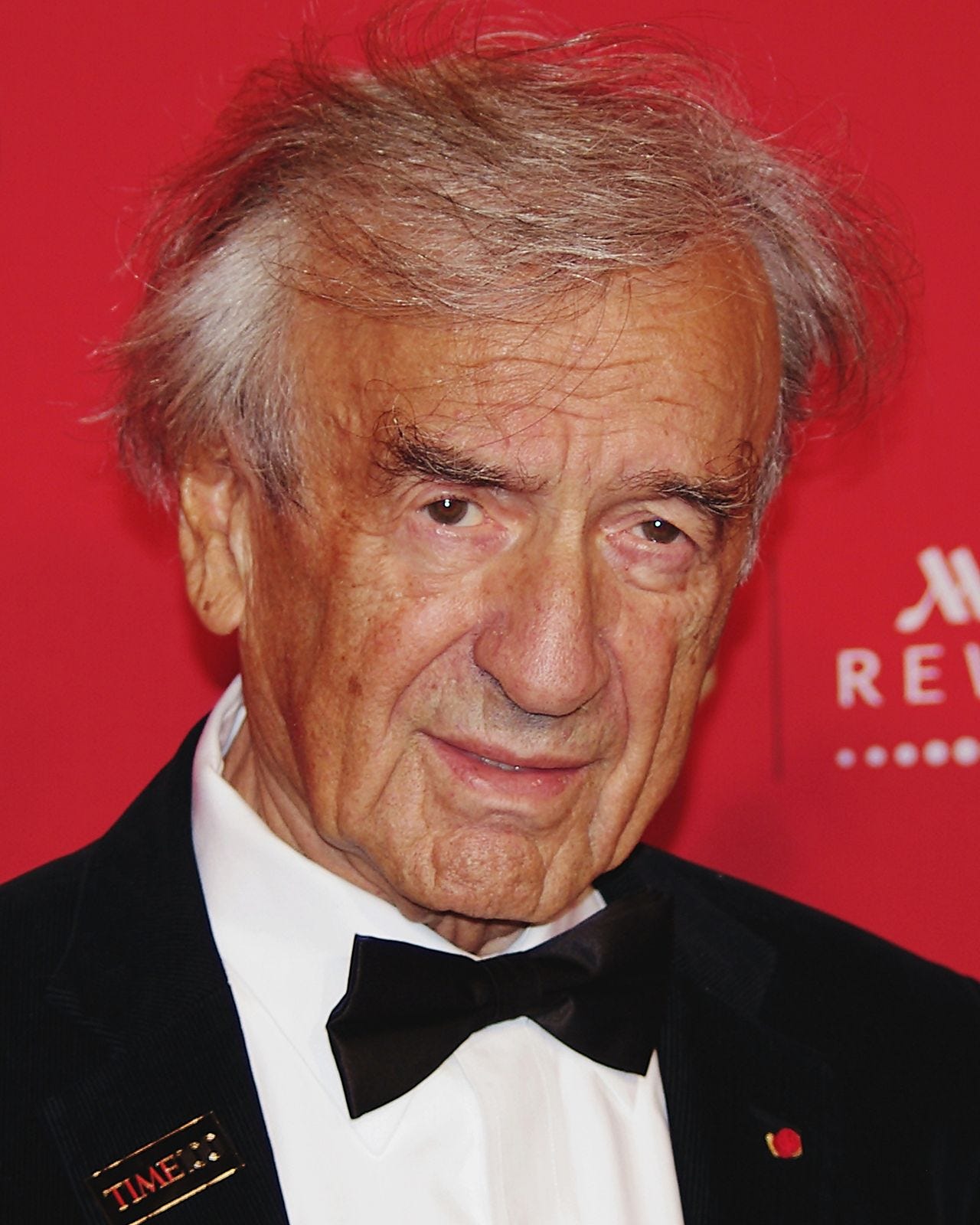From the Archives | Elie Wiesel, The God Factor Interview
"No faith is as pure as a wounded faith." Faith, doubt, suffering, injustice, and the presence of God. From my conversations with the late Nobel Laureate from his chapter in my book "The God Factor"
“What was he like?” a number of friends asked me after my first meeting with Professor Elie Wiesel at a Chicago synagogue a few weeks after the September 11, 2001, terrorist attacks.
“It was like sitting with God,” I told them.
I’m not really sure what I meant, but …




